can street lights power solar panels | Queneng Guide
Can Street Lights Power Solar Panels? Exploring the Potential of Solar-Powered Street Lighting
This article explores the feasibility and efficiency of using street lights to power solar panels, addressing common questions and misconceptions within the solar lighting industry. We'll delve into the technical aspects, examining whether it's practical and cost-effective to integrate solar panel charging into existing street light infrastructure.
Understanding the Energy Flow
The question of whether street lights can *power* solar panels is a bit of a misnomer. Street lights consume energy; solar panels *generate* it. The more pertinent question is: can existing street light infrastructure be leveraged to support solar lighting systems? The answer is nuanced. While street lights themselves don't directly power solar panels, strategically positioned solar panels can *power* street lights, often with significant energy savings.
Integrating Solar Panels with Existing Street Lights
Several approaches exist to integrate solar panels into existing street light infrastructure. These include:
* Standalone Solar Street Lights: These systems are completely independent, using solar panels to charge batteries that power the LEDs at night. They don't require connection to the existing grid, making them ideal for remote locations or areas with unreliable power grids. This approach effectively bypasses the existing street light infrastructure.
* Hybrid Systems: This approach combines existing street light infrastructure with solar panels. The solar panels supplement the grid power supply, reducing reliance on the grid and lowering energy costs. This method reduces energy consumption from the grid.
* Smart Lighting Control Systems: These systems, often paired with solar panels, utilize sensors and smart controls to optimize energy usage. These smart controls can be integrated with the existing street light systems to further optimize energy efficiency, thereby increasing the life and cost-effectiveness of the solar panels.
Practical Considerations and Challenges
While the concept of solar-powered street lights is appealing, practical considerations must be addressed:
* Sunlight Availability: Adequate sunlight is crucial for effective solar panel operation. Careful site assessment is essential to determine the optimal location and angle for solar panels to maximize energy generation. Shading from trees or buildings can drastically reduce output.
* Battery Storage: Sufficient battery capacity is needed to store the energy generated during the day and power the lights at night. Battery life and maintenance are crucial factors impacting long-term effectiveness.
* Initial Investment Costs: The upfront cost of installing solar-powered street lighting systems can be higher than traditional systems. However, long-term cost savings from reduced energy bills and lower maintenance can often offset this initial investment.
Conclusion: A Synergistic Approach
While street lights themselves cannot power solar panels, the integration of solar panels into street lighting systems presents a valuable opportunity for energy savings and environmental sustainability. Careful planning, consideration of site-specific conditions, and the selection of appropriate components are crucial for successful implementation. By leveraging solar energy for street lighting, cities and municipalities can create more energy-efficient and sustainable infrastructure.

Have more questions about our products or services?
The latest hot news you might like
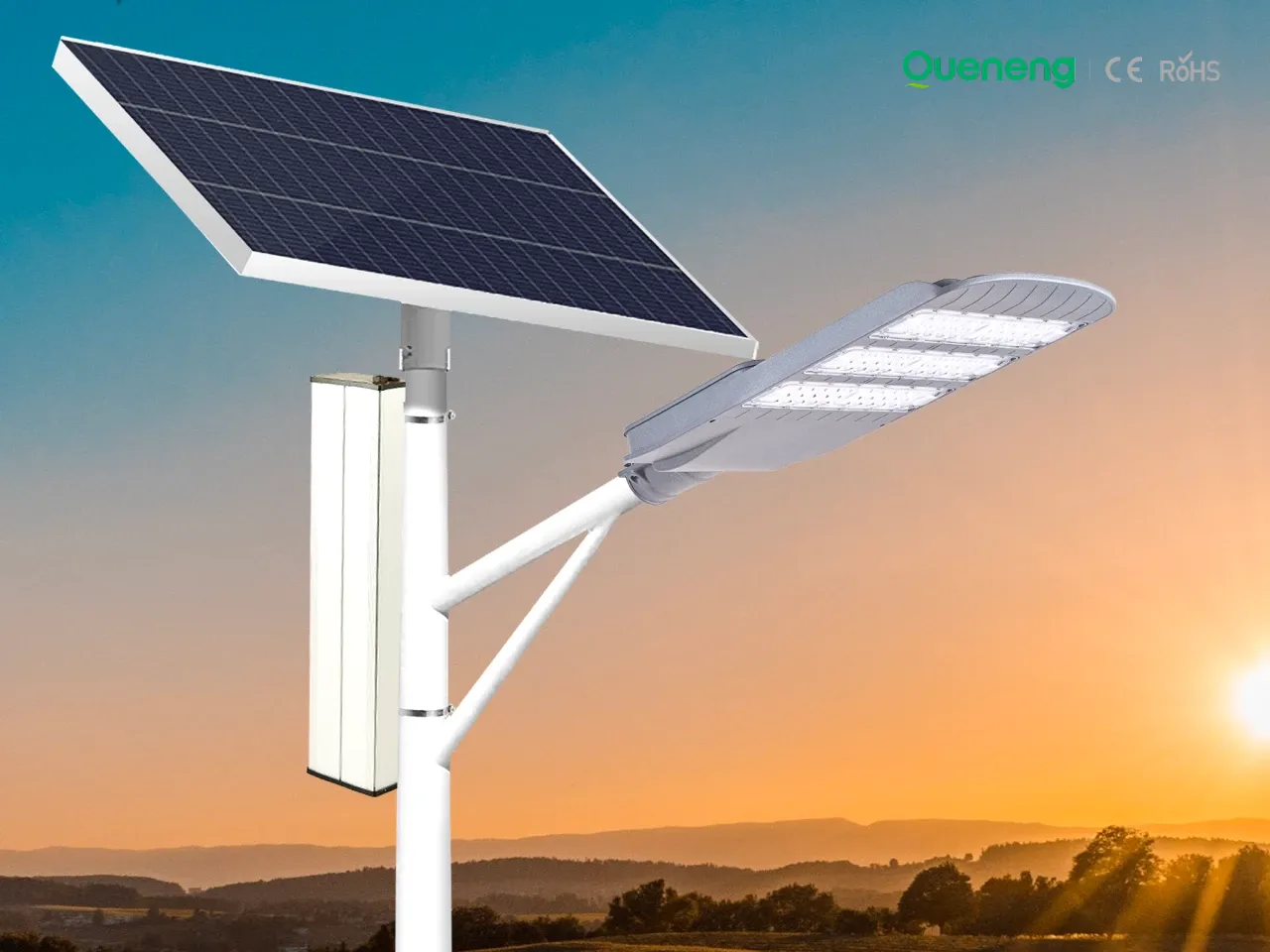

A comprehensive 2026 guide to solar street light pricing. Covers commercial installation costs, LiFePO₄ battery trends, smart IoT features, and a detailed ROI comparison against traditional grid lighting.

A comprehensive 2026 outlook on integrated solar street lights, featuring performance benchmarks like bifacial panels, LiFePO₄ batteries, and Smart City IoT integration for maximum ROI.

Discover how solar panels power street lights, exploring the technology behind solar energy conversion, storage systems, and how solar-powered street lights are revolutionizing urban and rural lighting solutions.
FAQ
APMS system
What is the APMS Smart Charge and Discharge Management System?
APMS (Advanced Power Management System) is an intelligent charge and discharge management system developed by QUENENG that optimizes lithium battery charging and discharging with a dual-system management mode, ideal for demanding lighting and power needs.
Solar Street Light Luqing
Are Luqing solar street lights suitable for large areas like parking lots or highways?
Yes, Luqing solar street lights are suitable for a variety of outdoor environments, including parking lots, highways, and large public spaces. They offer sufficient brightness and coverage for these areas without the need for grid-based power.
Schools and Educational Institutions
What kind of maintenance is needed for solar lights?
The main maintenance required is cleaning the solar panels periodically to ensure they remain free of dust or debris, and occasionally checking the functionality of the battery and light.
What is the warranty for the solar lights?
We offer a 5-year warranty on our solar lighting systems, covering parts and defects.
Battery and Analysis
What are the possible reasons why batteries and battery packs cannot be discharged?
2) Insufficient charging or no charging;
3) The ambient temperature is too low;
4) The discharge efficiency is low. For example, when a large current is discharged, an ordinary battery cannot discharge electricity because the internal material diffusion speed cannot keep up with the reaction speed, causing the voltage to drop sharply.
who we are
How can I contact Queneng for inquiries or product support?
You can contact us through our website, where you can find contact forms, customer service phone numbers, and email addresses. Our support team is available to assist with any inquiries, product information, or technical support you may need.

The Solar Streetlights of Luhao for Municipalities are designed to deliver reliable, energy-efficient, and cost-effective public lighting solutions. Equipped with advanced LED technology, durable lithium batteries, and high-efficiency solar panels, these streetlights provide consistent illumination for roads, parks, residential areas, and government projects.
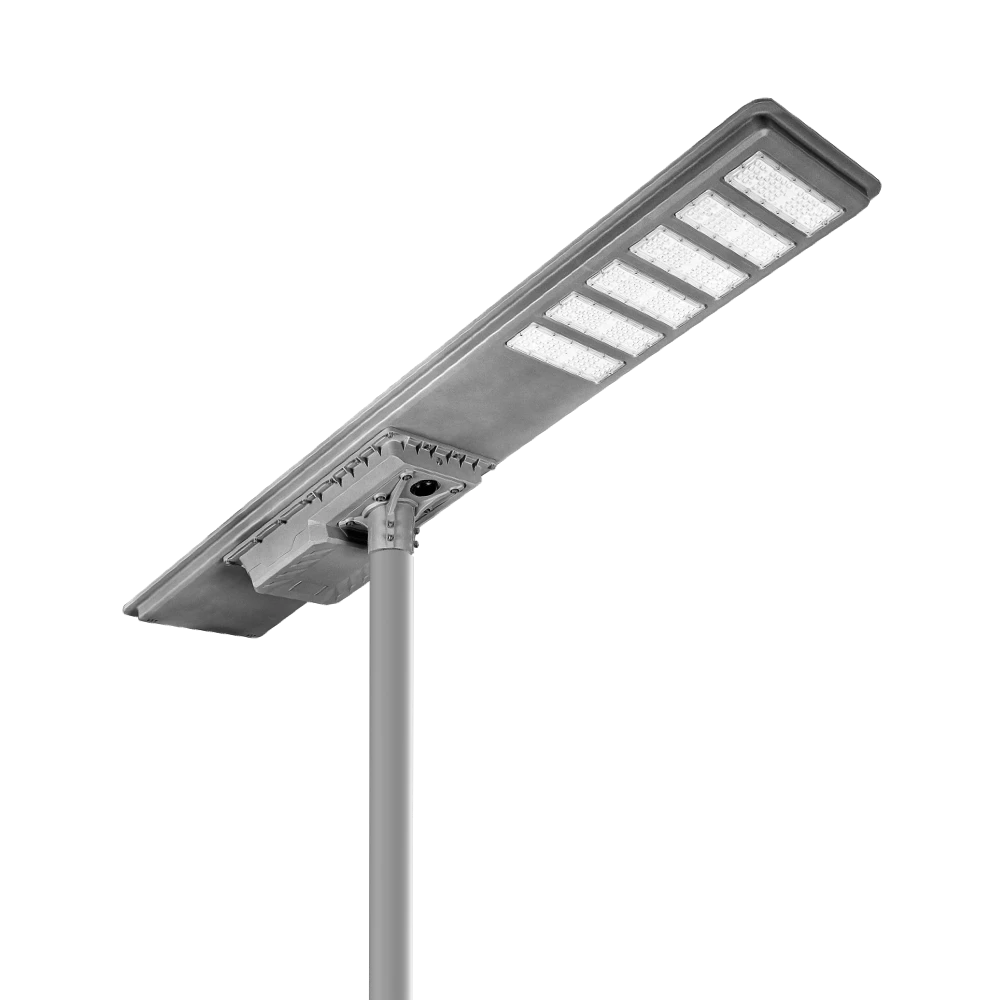
Queneng's Luqiu Innovative Solar Street Light offers energy-saving, durable outdoor lighting. This solar power street light provides a reliable and eco-friendly solution for illuminating your streets and pathways.
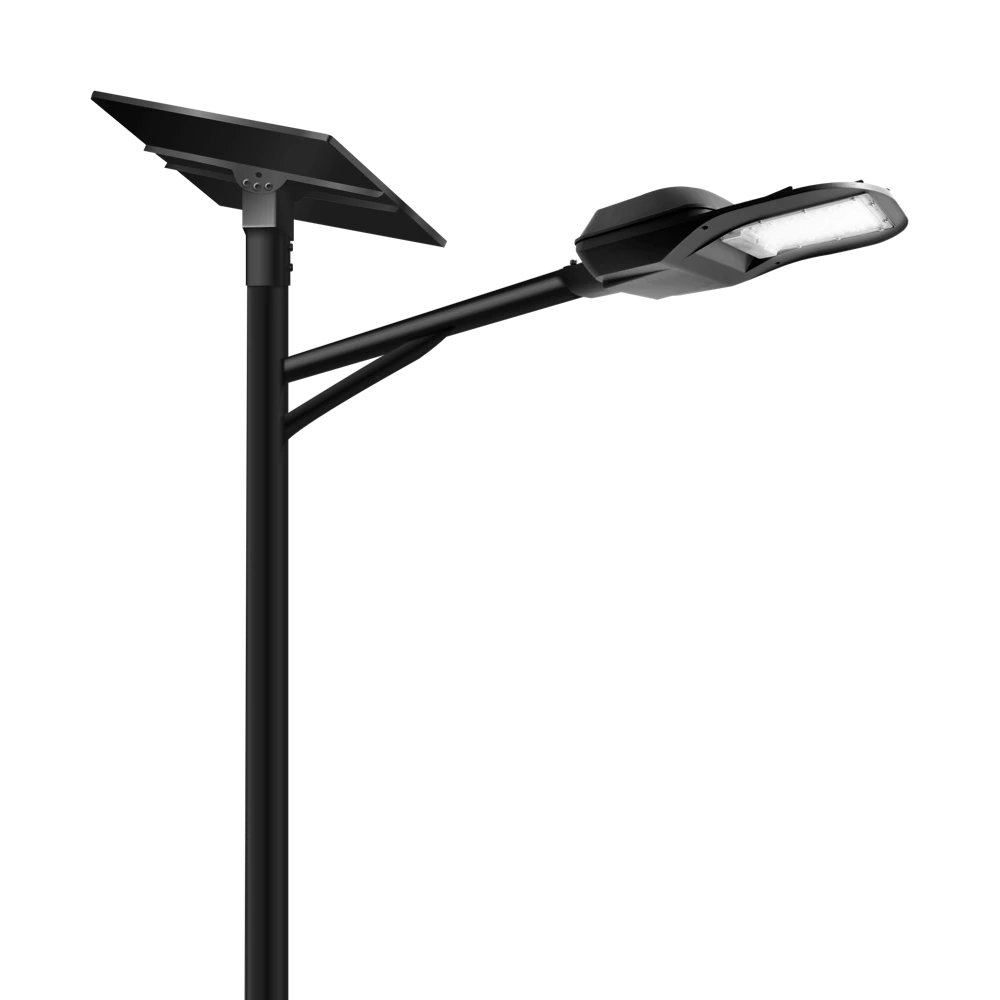

Lubai is an integrated solar street light designed for stable, long‑term outdoor lighting in off‑grid and weak‑grid areas. Combining a high‑efficiency solar panel, LiFePO₄ battery, and intelligent motion sensing, Lubai delivers reliable illumination with low maintenance and fast installation.
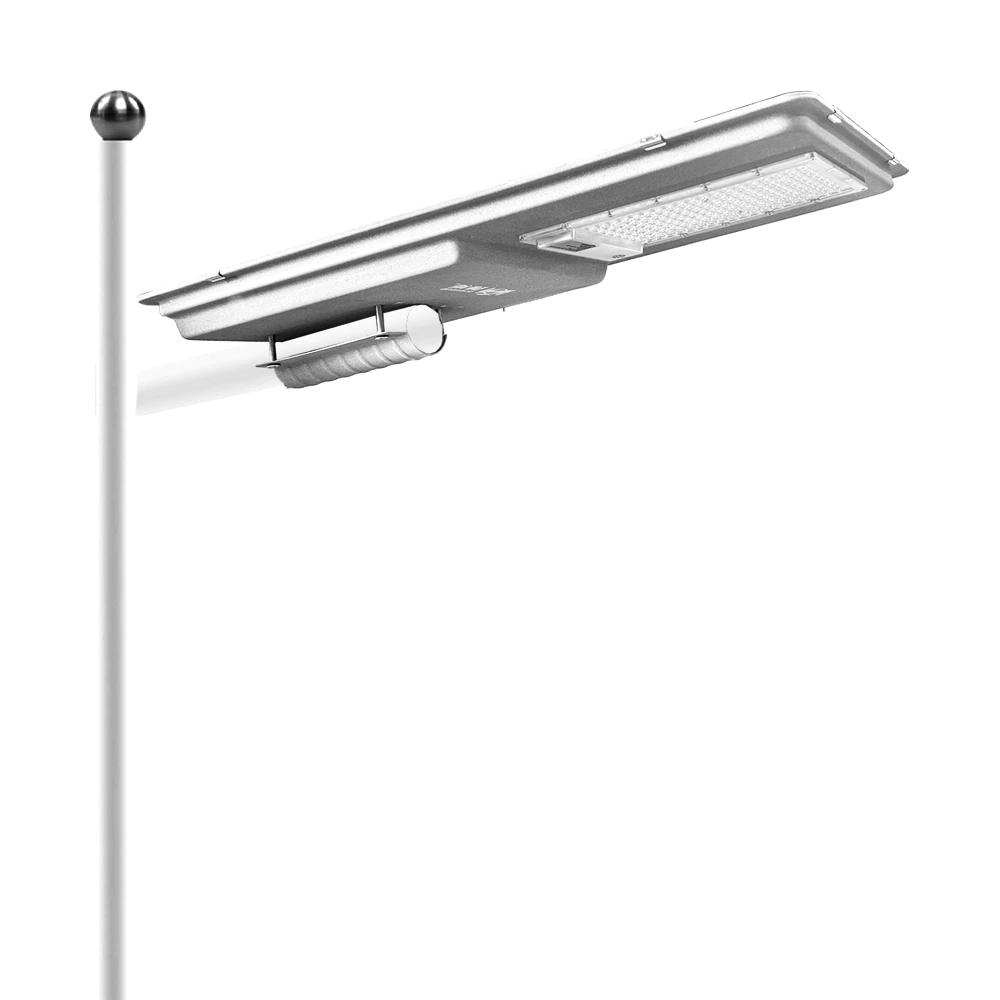
Queneng's Lufa high-efficiency solar LED street lights illuminate urban and commercial spaces brilliantly. These commercial solar LED street lights offer superior energy savings and reliable performance, making them an ideal sustainable lighting solution.
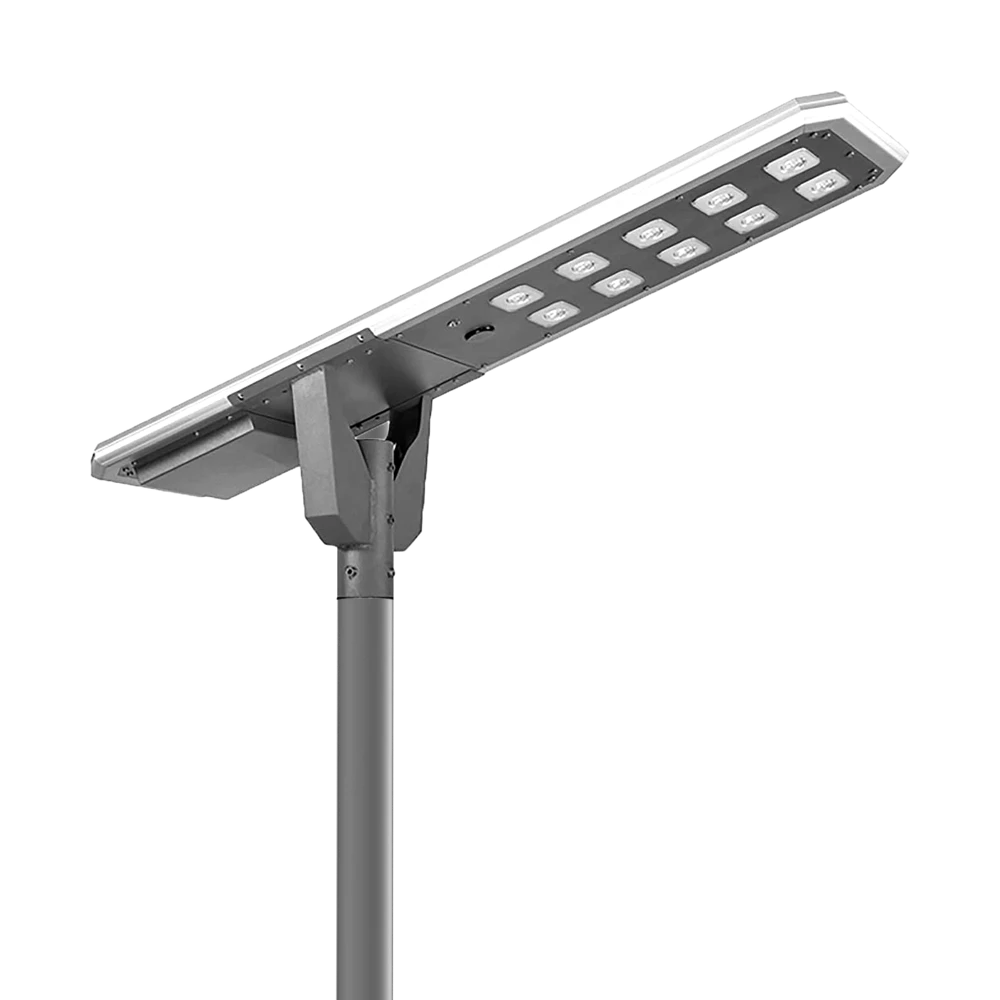
Illuminate your outdoor spaces with the Solar Street Light, a cutting-edge solution combining advanced solar technology and energy-saving LED lighting.
If you would like more information about Queneng solar lighting solutions, please send us a message by filling out the form below. Our professional team will get back to you within 24 hours!
Rest assured that your privacy is important to us, and all information provided will be handled with the utmost confidentiality.
Schedule a Meeting

Book a date and time that is convenient for you and conduct the session in advance.
Have more questions about our products or services?





















